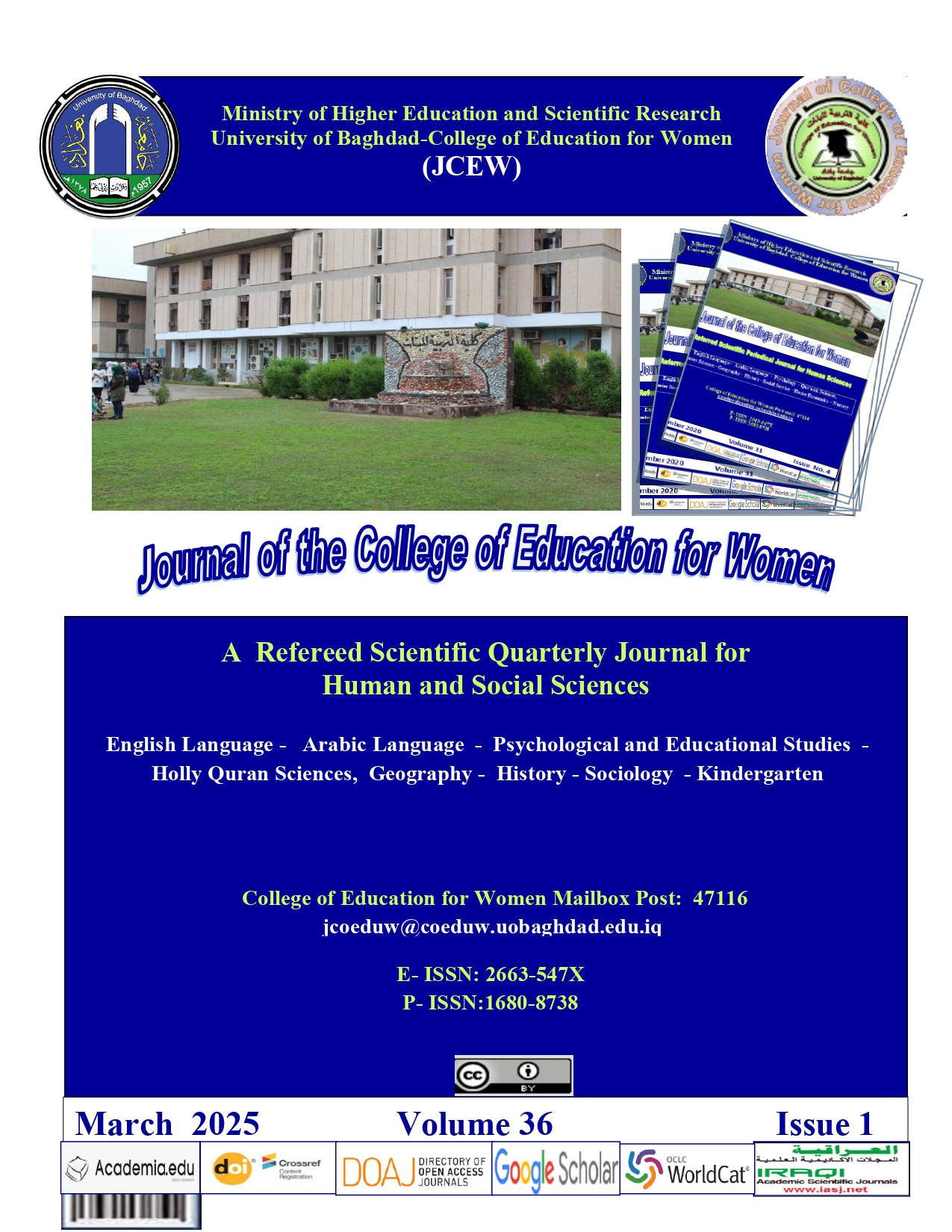Human security challenges and their repercussions on childhood in Iraq (A sociological reading of demographic and education variables)
DOI:
https://doi.org/10.36231/coedw.v36i1.1790Keywords:
childhood in Iraq, demography, education, human security challengesAbstract
In this paper, the researcher tries to read the current Iraqi situation with much simplicity and depth, simplicity in presentation, and depth in research into the aspects that are neglected or not given attention, thinking that they are not important in order to explain the phenomenon and put forward some solutions, and present a number of proposals and recommendations that can contribute to identify the sources of threat to human security in Iraq, and to work seriously and truly to contain and overcome them in order to provide a safer and more peaceful environment for childhood in the country to reassure of the conditions of future generations. This paper focuses on the population and education that the researcher believes that the rapid and excessive increase in population leads to large gaps in education, and severe weakness in the functions of educational institutions, including the family, which loses the ability to perform those functions, which leads to high rates of illiteracy, school dropout, early employment, and juvenile delinquency. The continuous increase in population also leads to a series of complex problems and crises due to the conflict over resources, unemployment, and the resulting crime, in addition to the spread of drug abuse among young people who find it a last resort to escape the miserable reality in which they find themselves in light of the prevalence of a culture of financial and administrative corruption in most aspects of the state and society. So, we realize that the human security challenges facing Iraqi children at present and in the future are real and major challenges that we must take seriously before we lose complete control over confronting these challenges.
Downloads
Published
Issue
Section
License
![]()
All articles published in Journal of College of Education for Women are licensed under a Creative Commons Attribution 4.0 International License.











